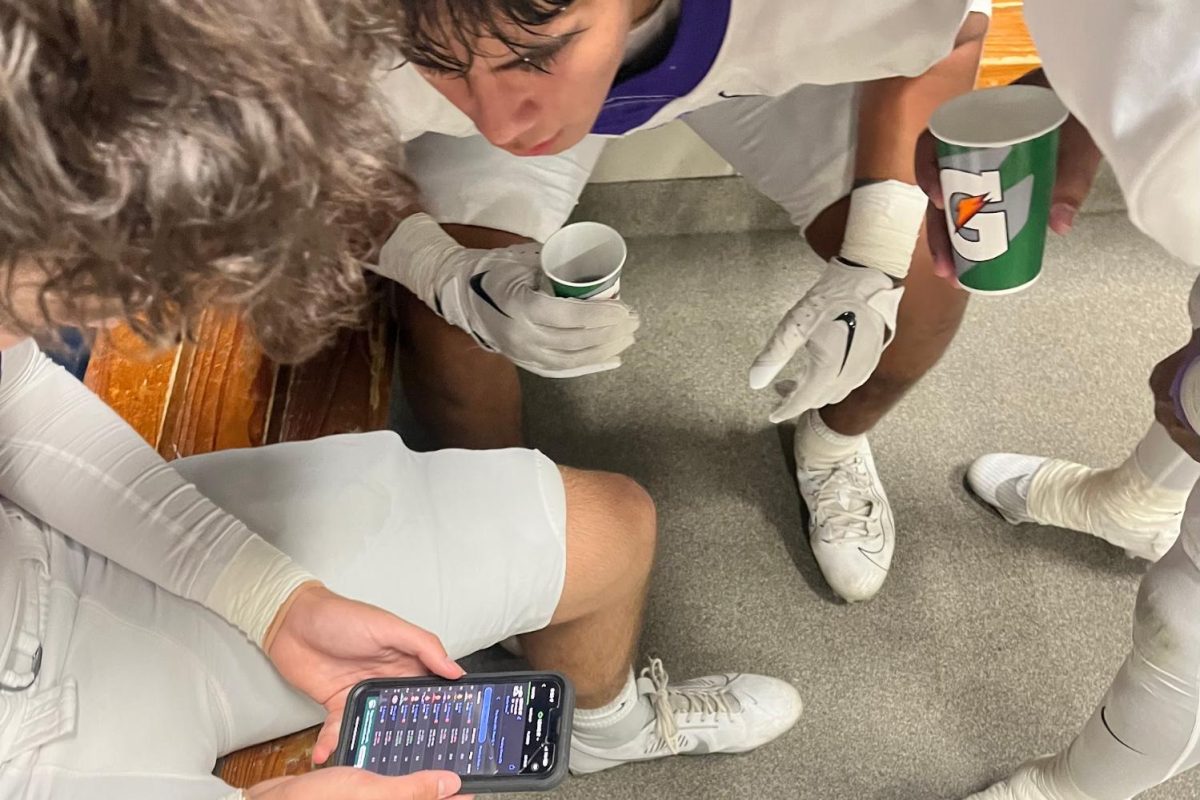Fantasy football has ruled the sports world for many years now. In 1985, the first online fantasy football league emerged on Q-Link, introducing the fascinating idea that you could keep track of players and manage your team, making watching football even more fun.
Over 40 million fans play fantasy football on mobile apps and websites. Paschal students are no exception to the game’s popularity; many of Paschal’s football players and fans of college and national teams are participating in this year’s fantasy season.
Paschal varsity football player Noah Lopez is among the many students who spend their free time managing a fantasy team. “I enjoy playing fantasy because it takes the game I love playing and turns it into a fun competition with friends. Keeping up with players and teams is exciting because it switches up every week. It’s always something new.”
A fantasy football team isn’t entirely fantasy. Participants assemble a football team consisting of real National Football League (NFL) players, and their real-life performance directly influences the performance of the virtual fantasy team.
For those who don’t know, a typical fantasy football team consists of one quarterback, two running backs, two wide receivers, one tight end, a flex option in which you can play a receiver or running back, one kicker, and one defense. The positions listed above are the starters in fantasy football. Also, a bench option allows users to store players not making the starting lineup. If your team is performing poorly, there is a waiver wire for managers to pick up players not selected in the fantasy draft.
Managing a fantasy football team is an engaging way for fans to utilize their knowledge of the sport and experience a sense of personal competition. Many aspects of fantasy football culture increase the stakes of the game. For example, members of leagues often gamble on their team’s success. Additionally, the league loser often faces punishment at the discretion of their competitors’ creativity. Usually, these leagues are played with eight, ten, twelve, or even fourteen players to make it even more competitive. With more fantasy managers in the league, it is challenging to get better players.

In many fantasy leagues, most consider the running back or the wide receiver the most critical position. They are usually the most consistent players and should always be selected before the quarterbacks. This year, most drafts selected Justin Jefferson, a wide receiver and always a consistent player. Also, last year, it was a running back who was selected number one overall in most drafts. The number one overall player varies yearly in most Fantasy leagues.
Overall, fantasy football is a very challenging game to play. Whether it’s deciding which player to start over another or which players to pick up off the waiver wire, Fantasy Football is complicated.
Paschal varsity football player Tate Sao highlighted the unpredictability of team performance. “Fantasy is like a gamble, and you never know what the outcome of your players will produce, so it makes for difficult decisions every week.”




